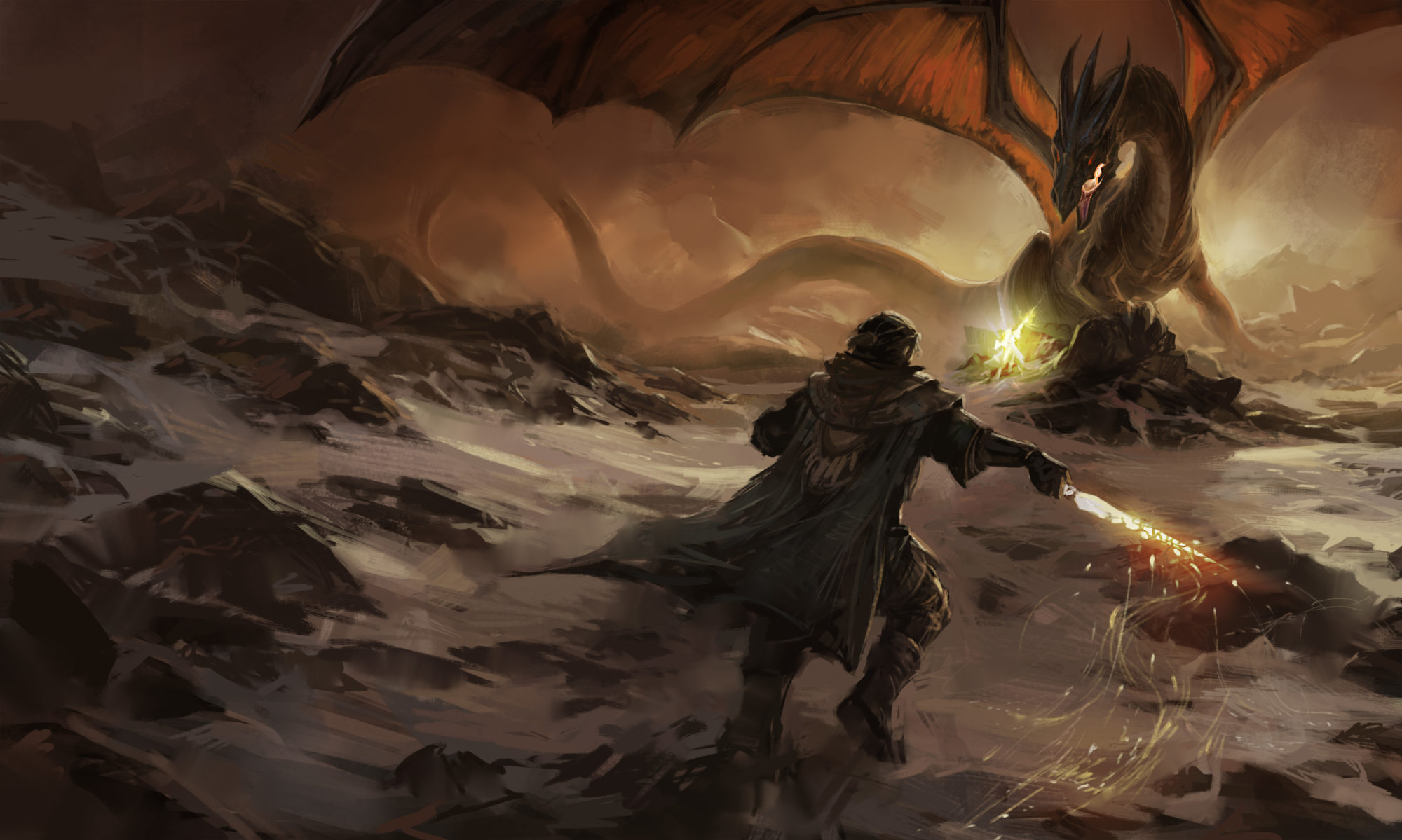Well, we’ve already discussed the viability of my ideas in the classroom. How about a reading list?
These are a few of the works that I’m closely familiar with which, I would say, bear direct and meaningful impact on the ideas I’m discussing in these conversations. If you have a recommendation of the same sort, I’d very much welcome your posting it as a comment to this post, or in response to any post that brings the recommendation to mind.
Susanna Clarke’s “Jonathan Strange and Mr Norrel” – Novel
I’m about a third of the way through this one, and quite confident it belongs on the list. Daniel recommended it to me personally, and even before that I’d heard such great things of it that I was already convinced. I just resumed reading it today. It deals with a modern day revival (during the Napoleonic wars) of practical magic in England.
Richard Dawkins’s “Unweaving the Rainbow” – Treatise
This is another I haven’t finished, and also one Dan recommended to me. It’s an atheist scientist’s reaction to the non-scientific world’s (specifically the poetic world’s) complaints that scientists strip life of its magic in exchange for petty knowledge. I’m very interested in what he has to say, because I very much hold the claim he’s directly refuting.
Roger Zelazny’s “The Chronicles of Amber” – Novel series
A series of five short novels (with a sequel series of five more) concerning a family of Princes able to construct worlds out of their imaginations. It is a direct exercise in the fantastic aspects of Social Constructionism, as well as a VERY well constructed story, as well as a really uplifting piece on the human condition. I recommend it above any other piece of literature, ever.
John Milton’s “Paradise Lost” – Umm…poem, right?
Read it. Actually, take a course on it. It’s worth it. If they offered the kind of lit courses on Zelazny that they offer on Milton, I’d be saying the same for those, but go enroll right now for a course on Paradise Lost if you haven’t taken one before. If you’re a Christian and a remotely academic person, you need to realize just how much of our mythology derives directly from this one piece, as well as the power of its imagery in the original setting.
I know there are more. I’ll follow up with further comments as they occur to me.
